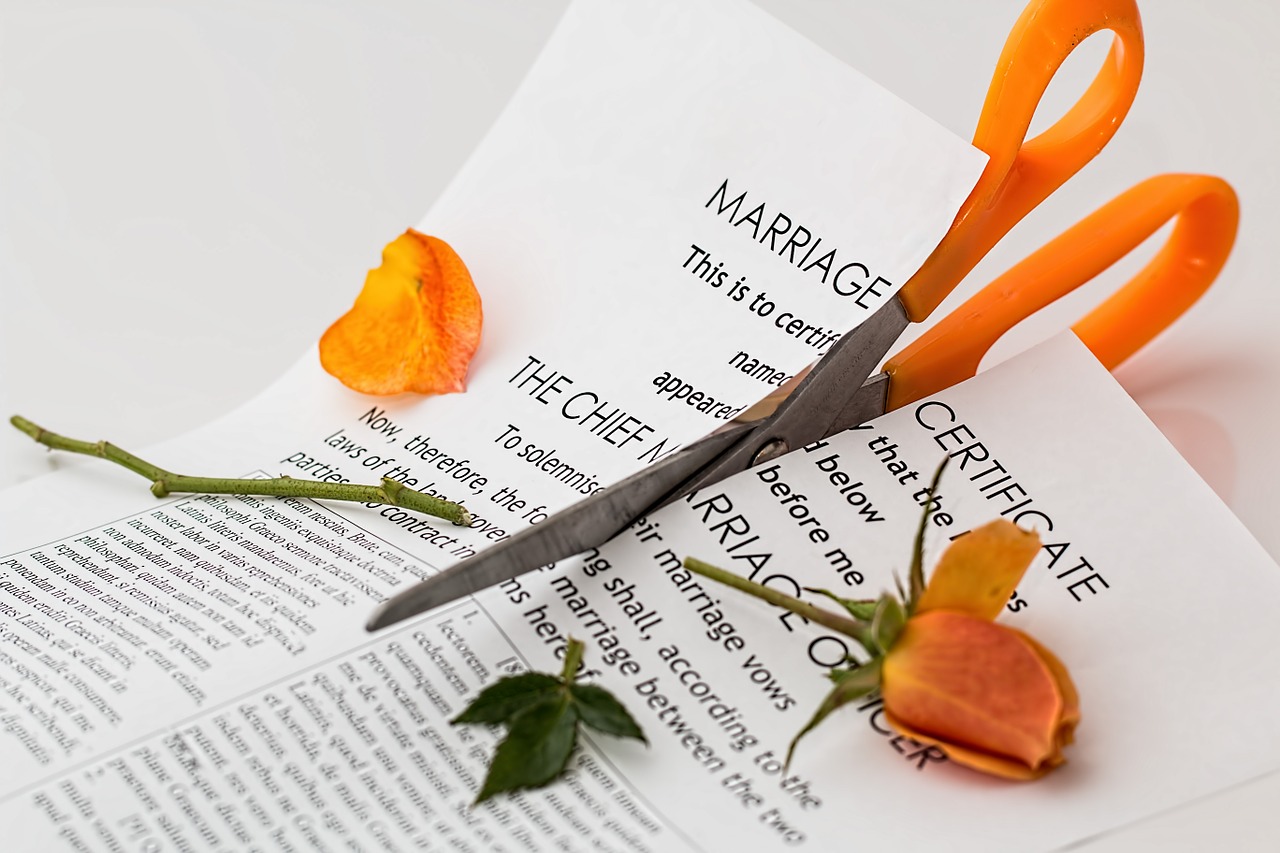
Divorce doesn’t have to be a battle, but you do need to know how to stick up for your rights. But what legal and financial rights do you have? Liverpool divorce solicitor Tracey Miller sets out some of the main points you need to know…
- 1.You have the right to live in the marital home until you are legally divorced, even if your name isn’t on the deeds
- This is an important one, as it means that while you are still married your ex-spouse cannot force you to leave the property or change the locks. This is the case even if the property is in your spouse’s name only – you still have a legal right to live there. You will not be made homeless if you are starting divorce proceedings, and your children (if any) will still have a roof over their heads. However, the divorce may end this right, so you’ll need to make alternative living arrangements for the future.
- 2.You have the right to protect your share of joint accounts
- If you’re going through a divorce and it isn’t amicable, it could be a good idea to contact your bank and ask them to change the way any joint accounts you hold together are managed. You can either freeze the account until the divorce is settled or make it so that both parties have to agree before money is withdrawn. This can stop your ex from clearing out the account but be aware that it also works the other way around. This could be a problem if you need to access the money and your ex won’t cooperate.
- 3.The court will always put children’s rights first
- Divorce law quite rightly prioritises the rights and needs of any children involved when it comes to making key decisions. Your children have the right to a relationship with both parents. If you were married, you both have parental responsibility. This gives you theequal right to make important decisions on your children’s behalf – such as which school they attend. You also have the right to access key information about your child.
- 4.Financial rights can be more complicated
- Divorce law can be complex when it comes to dividing up assets and money. This is why it’s so important to speak to a good divorce solicitor, who can talk you through your options and explain the pros and cons of each. Courts take many factors into account, from the length of the relationship and each of your financial positions to joint and individual assets, property, pension provisions and much more. Your divorce solicitor can help you to negotiate a fair settlement and ensure your financial rights are protected.
Have questions about your rights during a divorce or need expert advice? Get in touch with Liverpool divorce solicitor Tracey Miller Family Law’s friendly, knowledgeable team.
